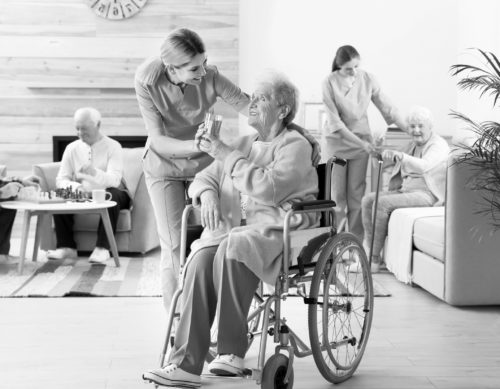CMS made changes to §483.90(g)(1)‐(2) Resident Call System. The regulation states the facility must be adequately equipped to allow residents to call for staff assistance through a communication system which relays the call directly to a staff member or to a centralized staff work area from each resident’s bedside and toilet and bathing facilities.
The guidance outlines that the call system must be accessible to residents while in their bed or other sleeping accommodations within the resident’s room. In addition, the call system must be accessible to the resident at each toilet, bath, or shower and should be accessible to a resident lying on the floor.
Action for Facilities:
- Develop a process to routinely ensure the call system for residents is operational.
- Review the process to ensure that during a loss of power, the resident call system will be operational or ensure there is an alternate means of communicating with the staff in place.
- Examine the functionality of the call system to ensure it is accessible to a resident lying on the floor.
Detailed information can be found in the Appendix PP-State Operations Manual.

